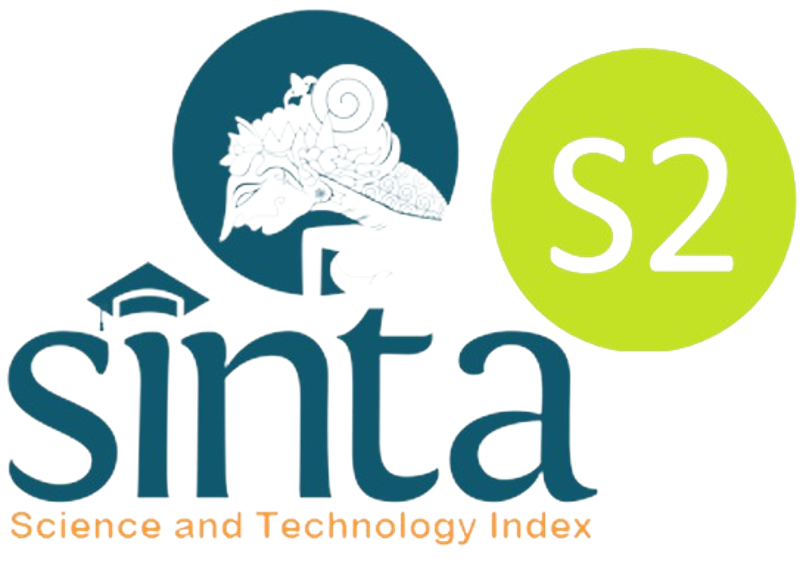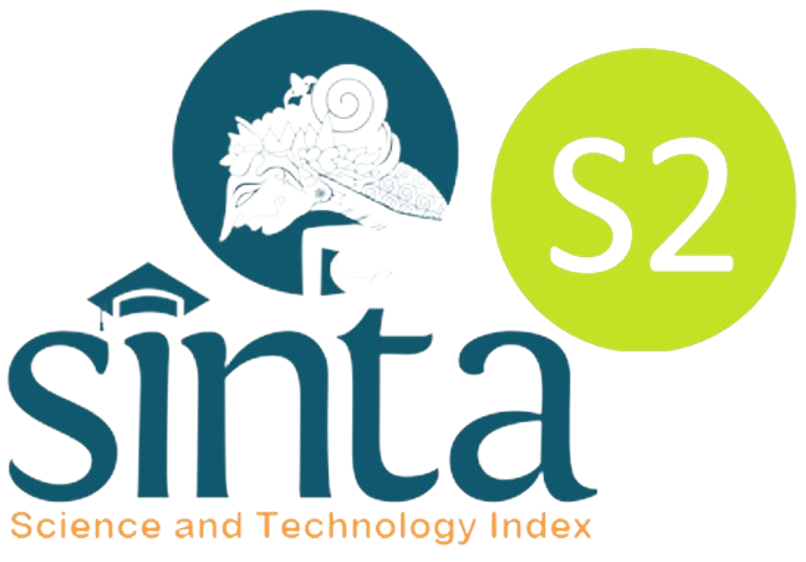Training Scientific Literacy Skills Through Inquiry Learning with Chemcollective's Virtual Laboratory on Chemical Equilibrium
DOI:
https://doi.org/10.26740/jpps.v12n2.p155-175Keywords:
Chemical equilibrium, Education, Inquiry Learning , Scientific literacy skills , Virtual laboratoryAbstract
Objective: This study uses ChemCollective's virtual laboratory to apply inquiry learning and seeks to describe the application of inquiry learning models, student activities, scientific literacy skills, and student responses. Method: This study uses a one-group pretest-posttest pre-experimental approach. The study tools included student response questionnaires, student activity observation sheets, learning implementation observation sheets, and literacy test instruments. Results: The study's findings were as follows: (1) the inquiry learning model was implemented at 83% of the first meeting and 93% of the second meeting; (2) the average percentage of student activity that is relevant to inquiry learning was 90.24% at the first meeting and 93.60% at the second meeting; (3) the results of the scientific literacy test improved, with an N-Gain Score of 0.76 in the high category and the results of the paired sample t-test revealed a significance value of 0.000; and (4) With very favorable criteria, 98% of students respond on average to inquiry learning when using the ChemCollective virtual laboratory. These findings suggest that, during the odd semesters of the 2022–2023 academic year, first-semester Science Education Study Program students at UIN Sunan Ampel Surabaya can train their scientific literacy through inquiry learning supported by ChemCollective's virtual laboratory.
Downloads
References
Arends, R. I. (2015). Learning to teach (tenth edition). New York: McGraw-Hill Education.
Fatimah, Z., Rizaldi, D. R., Jufri, A. W., & Jamaluddin, J. (2020). Model inkuiri terbimbing berbantuan laboratorium virtual untuk meningkatkan keterampilan proses sains. Jurnal Pendidikan, Sains, Geologi, Dan Geofisika (GeoScienceEd Journal), 1(2). https://doi.org/10.29303/goescienceedu.v1i2.45
Haidar, D. A., Yuliati, L., & Handayanto, S. K. (2020). Pengaruh pembelajaran inkuiri dengan scaffolding terhadap keterampilan proses sains dan pemahaman konsep siswa pada materi cahaya. Jurnal Pendidikan: Teori, Penelitian, Dan Pengembangan, 5(12), 1800. https://doi.org/10.17977/jptpp.v5i12.14342
Kuhlthau, C. C., Maniotes, L. K., & Caspari, A. K. (2010). Guided inquiry : learning in the 21st century school. New Jersey: Rutgers University.
Leedy, P. D., & Ormrod, J. E. (2021). Practical Research Planning and Design. Colorado: University of Northern Colorado.
Mardianti, F., Yulkifli, Y., & Asrizal, A. (2020). Metaanalisis pengaruh model pembelajaran inkuiri terhadap keterampilan proses sains dan literasi saintifik. Sainstek : Jurnal Sains Dan Teknologi, 12(2), 91. https://doi.org/10.31958/js.v12i2.2435
Muhajarah, K., & Sulthon, M. (2020). Pengembangan laboratorium virtual sebagai media pembelajaran: peluang dan tantangan. Justek : Jurnal Sains Dan Teknologi, 3(2), 77. https://doi.org/10.31764/justek.v3i2.3553
Novitasari, N. (2018). Profil kemampuan literasi sains mahasiswa calon guru biologi. Biosfer : Jurnal Tadris Biologi, 9(1), 36. https://doi.org/10.24042/biosf.v9i1.2877
OECD. (2016). PISA 2015 Assessment and analytical framework. In OECD Publishing. http://www.oecd-ilibrary.org/education/pisa-2015-assessment-and-analytical-framework_9789264255425-en%0Apapers3://publication/doi/10.1787/9789264255425-en
OECD. (2019). PISA 2018 Assessment and analytical framework. In OECD Publishing. https://doi.org/10.1787/b25efab8-en
Riduwan. (2012). Skala pengukuran variabel-variabel penelitian. Bandung: Alfabeta.
Schleicher, A. (2019). PISA 2018: insights and interpretations.
Sumarti, S., Rahayu, Y. S., & Madlazim, M. (2017). Pengembangan perangkat pembelajaran berbasis inkuiri terbimbing untuk melatih literasi sains siswa. Jurnal Penelitian Pendidikan Sains, 5(1), 822. https://doi.org/10.26740/jpps.v5n1.p822-829
Wibawanto, W. (2020). Laboratorium virtual konsep dan pengembangan simulasi fisika. Semarang: LPPM UNNES.
Zhang, H., Shamsi, I. H., Batool, I., Wan, D., & Yu, B. (2018). Ten-year change in the scientific literacy of primary science teachers in China: Reflections on Training Programs and Personnel Policies. FIRE: Forum for International Research in Education, 3(3), 18752. https://doi.org/10.18275/fire201603031084
Downloads
Published
How to Cite
Issue
Section
License
Copyright (c) 2023 JPPS (Jurnal Penelitian Pendidikan Sains)

This work is licensed under a Creative Commons Attribution-ShareAlike 4.0 International License.
 Abstract views: 380
,
Abstract views: 380
, PDF Downloads: 560
PDF Downloads: 560












